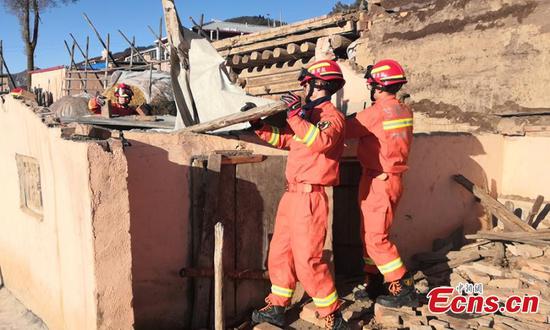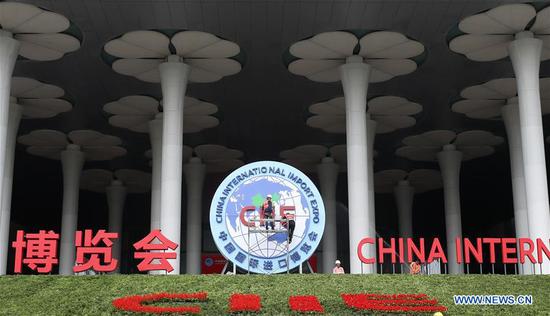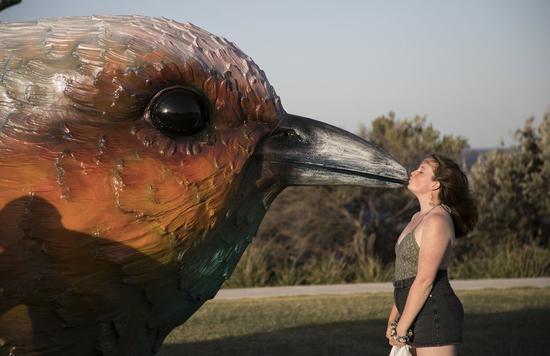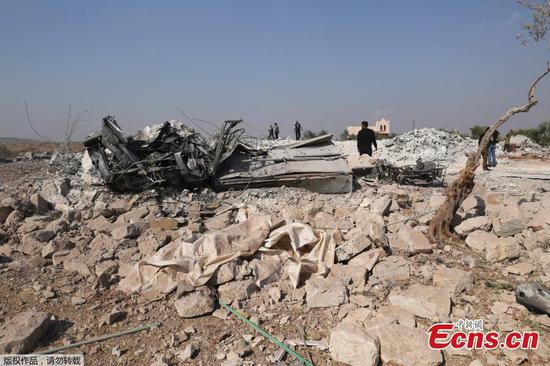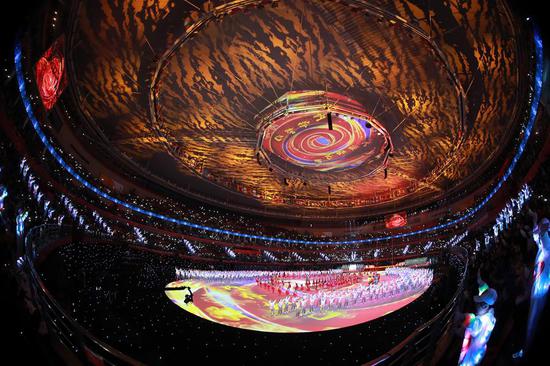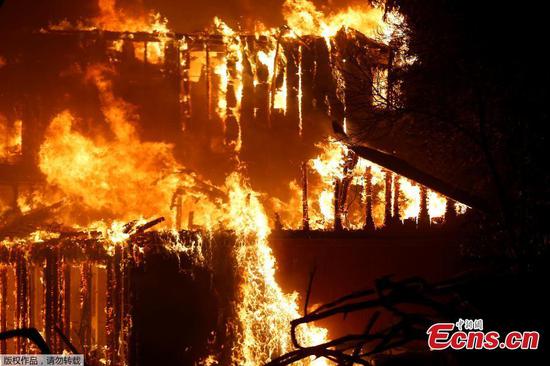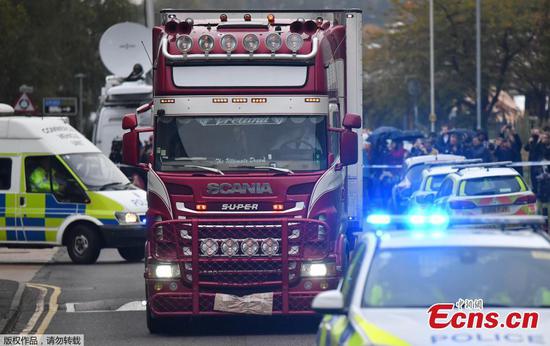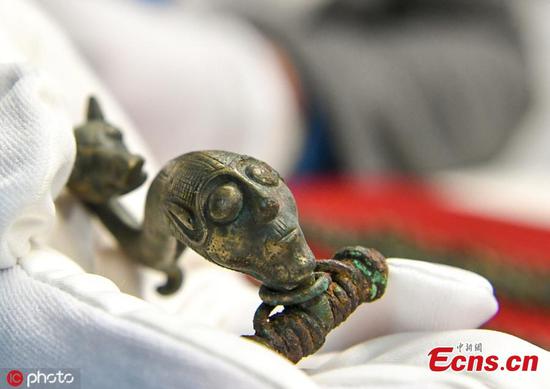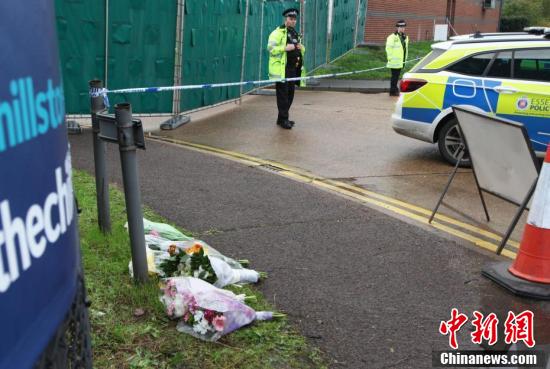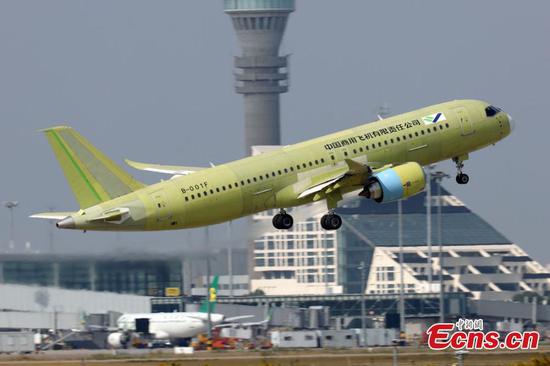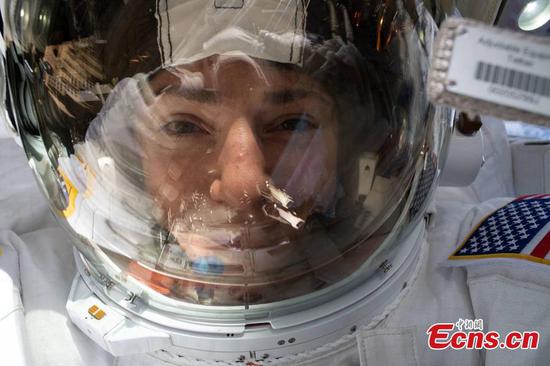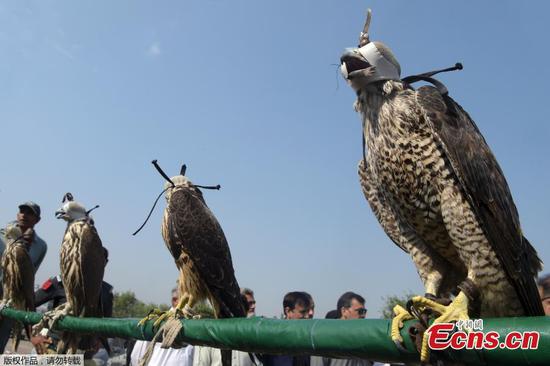Lawsuits filed
Lawsuits alleging wrongful death, negligence and product liability have been filed in Chicago, where Boeing is headquartered. The US legal system tends to be more generous in awarding damages than courts elsewhere in the world.
Floyd Wisner, founder of the Wisner law firm near Chicago, negotiated an out-of-court settlement for 11 families of those killed in the Lion Air crash. Boeing will pay about $1.2 million for each relative who died.
Wisner, who has been a lawyer for 42 years and has handled major aircraft crash cases for the past 20, said: "Airplane crashes are terrible and families never get over them. Family members think of what their loved ones went through in the final minutes before the crash.
"Unlike driving, where you can pull over if something's wrong, passengers at 30,000 feet (9,144 meters) have no control. This compounds the families' grief. There's a hole in their hearts."
He said most family members want to know what caused a crash, who was responsible and to ensure similar factors never kill passengers in the future. When satisfied about those points, the discussion turns to compensation. Many use the money to educate surviving children and to meet living expenses, especially if the primary earner died in the crash.
"It's compensation," Wisner said. "They're not making anything. That's why the settlement money isn't taxed in the US. It tries to make you whole, but those who have lost a loved one in a plane crash will never be whole again. I still get notes from people I represented years ago. Some say their child has completed college and enclose a photo."
Michael Stumo and his family, whose 24-year-old daughter, Samya, died in the Ethiopian Airlines crash, have sought to determine what happened and why. He told National Public Radio: "We're traumatized. We don't want to be doing this. But we want to avoid a third crash."
Boeing has set aside $100 million to help families affected by the crashes. The company said in a statement: "Boeing extends our heartfelt condolences and sympathies to the families and loved ones aboard Lion Air Flight 610 and Ethiopian Airlines Flight 302."
Final moments
The National Transportation Safety Board, an independent federal agency, is tasked with investigating the cause of airplane crashes.
In a preliminary report on the 737 MAX disasters it said: "The pilot responses differed and did not match the assumption of pilot responses to unintended MCAS operation on which Boeing based its hazard classifications within the safety assessment that the FAA approved and used to ensure the design safely accommodated failures."
The pilots of the Lion Air and Ethiopian Airlines flights may have been overwhelmed by alarms and may not have followed established procedures to regain control of their aircraft.
The aircraft flight recorders, or black boxes, recovered after the crashes showed that multiple alarms activated. These included a device that vibrated the pilot's control column, audible warnings that the planes were too close to the ground and a "clacker" to indicate they were flying too fast. There were also multiple warning lights alerting the pilots to dangerous speed and altitude.
Both planes flew erratically with sharp fluctuation in altitude as the pilots attempted to regain control.
Five minutes after takeoff, Ethiopian Airlines' 737 Max plunged into the ground at about 885 kilometers per hour.
















